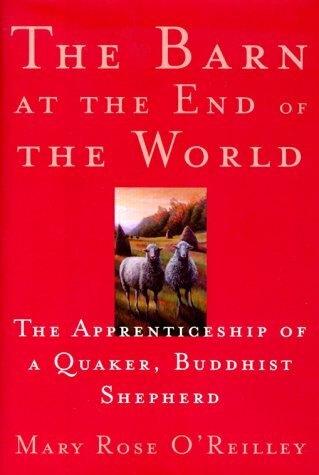From the Mouths of Babes: Wisdom
I had a busy day and was tired. I took a nap. I slept longer than I had planned. I had to go to the grocery store before the day’s end. I got myself together and set out. I got what I needed and got in line. At the register, I realized I had my purse, but not my wallet! How embarrassing! I apologized profusely to the clerk who said it happened every day. I was disgruntled with my sleep-addled self. I left my groceries with customer service until I could return with my wallet.
I headed toward the exit with one of those dark clouds over my head like you see in cartoons. Just as I went out the doors, in came a mom with the cutest little red-headed boy in a cart with steering wheels. His hair was deep red and his skin was creamy to the point of being translucent. He wasn’t giggling or squirming. He was sitting calmly in the cart. He had hazel eyes. I saw his eye color because we were that close and because he looked solemnly and directly at me. He picked up his little hand and waved.
How did he know what I needed? My mood took a complete turn. I smiled all the way to my car and to the house and back to the store, this time with my wallet. I didn’t eat dinner till 7:30 p.m., but it didn’t matter. I had encountered grace in a grocery cart.
Contrast my experience to one shared with me by a friend. She participated in a sign-waving event. The point is not for whom she was waving a sign. It was the response. A number of passersby made a point of putting down their windows to yell obscenities to those gathered, often accompanied by obscene gestures. Some reversed course so they could do it again. It was a lovely Fernandina morning. There were many other fun and interesting things one could do. These drivers chose to be ugly.
I don’t know about you, but this kind of response to any topic makes me disappointed in my fellow humans. Getting outraged isn’t good for one’s health — physically, emotionally, mentally, or spiritually. It isn’t good for relationships, for the community, or even for the planet. Whether or not we choose to acknowledge it, we are all connected. How we act toward each other affects everyone.
I am not saying we should never be angry. We have the option to choose whether to react or respond. We can reflect on whether our words and actions move toward healing or exacerbate divisions.
In a recent opinion piece in the New York Times (Sept. 12, 2024), David Brooks outlined an historical perspective on the shifts in culture and attitudes since the 1970s. We can see a shift since the 2010s to a culture of outrage on all sides. Now, in the 2020s, we are tired of bitterness and indignation, exhausted by division and hate. A more positive and united future is possible. We have to choose it.
Our Buddhist sisters and brothers know the value of regulating emotions through the disciplined awareness of the breath. I don’t know much about this practice, but I am learning a little more thanks to a book a friend loaned me. It was not one I would have picked up on my own.
The title is “The Barn at the End of the World,” by Mary Rose O’Reilley. It is a spiritual autobiography. She has an eclectic background. She even worked as an apprentice in a sheep barn and was a retreatant at a Buddhist monastery in France. She reveals her triumphs and difficulties being a spiritual person in the world, not apart from it. She admits to being ill-tempered and having a short fuse.
One of her mentors advised her, “The problem is not the feeling but what we do with the feeling that causes trouble — be it breaking a plate, a heart or a head, eroding the stomach lining or reaching for a drink. Stay with your feelings. Stop. Do not attack. Do not react until you can ask the other person what they mean or feel.”
Maybe it would be best to let the youngest lead us, as I learned from the boy in the grocery cart.
Here is another young mentor, wise beyond his four years:
My friend Nina was discussing with her son Henry their plans for the day. Henry said, “Maybe we’ll take a deep breath.” She asked, “Do I need to take a deep breath?” “Yeah, Mom,” he replied. Mom took a deep breath. The boy noted, “You need to take more deep breaths.”






